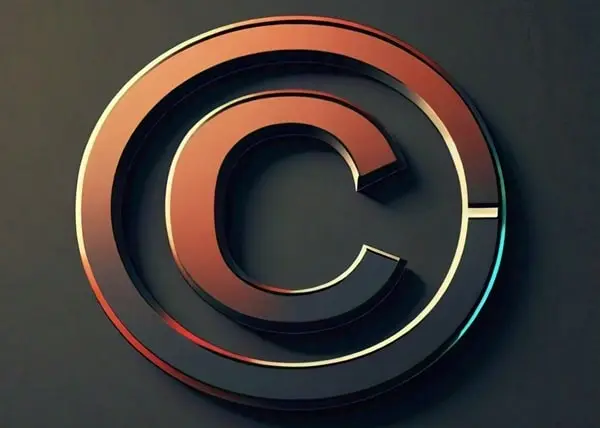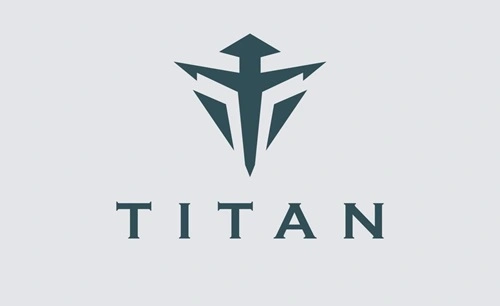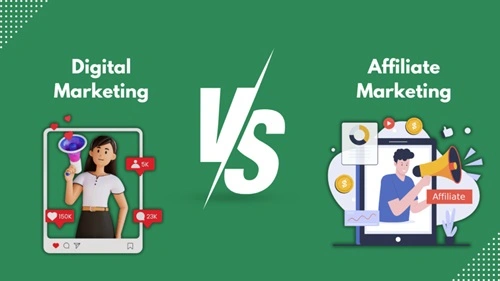Copyright law in India is crucial to protect the rights of creators over their original works, including literature, music, movies, software, and more. However, as the entertainment and digital industries have grown, disputes over copyright infringement have become more frequent. Over the years, India has seen several high-profile copyright cases that have shaped the country’s copyright laws and policies. These cases highlight the importance of intellectual property rights and the consequences of copyright violations.
In this article, we will discuss the top 10 famous copyright cases in India that have made headlines and influenced the legal landscape of copyright protection in the country.

1. R.G. Anand vs. M/s. Delux Films (1978)
This case is a landmark in Indian copyright law. R.G. Anand, a playwright, claimed that the movie New Delhi produced by Delux Films was a copy of his play Hum Hindustani. Anand argued that the film’s story, characters, and plot were lifted directly from his work. The Supreme Court ruled in favor of the defendant, stating that copyright law does not protect ideas or general themes but only the expression of ideas. This case established that similarities in basic ideas do not constitute copyright infringement unless there is a direct reproduction of expression.
2. Eastern Book Company vs. D.B. Modak (2008)
In this case, Eastern Book Company, a publisher, filed a lawsuit against D.B. Modak for reproducing judgments of the Supreme Court of India, which were published in their law reports. Eastern Book Company argued that the text of the judgments was copyrighted, as they involved skill and labor in arranging, editing, and formatting the judgments for publication. The court ruled that although judgments are public documents, the publisher’s effort in arranging and editing them gives them a copyright over their specific version of the judgments. This case highlighted the issue of originality in copyright law.
3. Amarnath Sehgal vs. Union of India (2005)
This case revolved around an artist’s right to his work after it was commissioned by the government. Amarnath Sehgal, a renowned sculptor, created a mural for the Vigyan Bhavan in New Delhi. Years later, the mural was removed without his permission, leading Sehgal to file a case against the government for copyright infringement and moral rights violation. The court ruled in favor of Sehgal, affirming that the creator retains copyright and moral rights over their work, even if it has been commissioned. The case reinforced the idea that artists have control over how their work is used.
4. Indian Performing Right Society (IPRS) vs. Aditya Pandey (2011)
The Indian Performing Right Society (IPRS) filed a case against Aditya Pandey for organizing events where copyrighted music was performed without paying royalties to the rightful copyright owners. The court ruled that anyone who organizes a public performance of copyrighted music must obtain a license from the copyright holder, which is usually represented by a copyright society like the IPRS. This case was significant in highlighting the enforcement of copyright law in the music industry, ensuring that composers, lyricists, and musicians receive proper compensation for their work.
5. Super Cassettes Industries Ltd. vs. Myspace Inc. (2011)
This case was one of the first in India to address the issue of copyright infringement on digital platforms. Super Cassettes, the parent company of T-Series, filed a lawsuit against Myspace Inc., a social networking site, for hosting copyrighted music videos without permission. The court held that online platforms have a responsibility to ensure that copyrighted content is not uploaded or shared without proper authorization. This case played an important role in defining the liability of digital platforms in cases of copyright infringement in India.
6. Phantom Films vs. Mukta Arts (2016)
This case revolved around the 2016 Bollywood film Kaabil, which was produced by Mukta Arts and had striking similarities to the 2014 film Bang Bang!, produced by Phantom Films. Phantom Films alleged that the storyline, action sequences, and certain dialogues were copied from Bang Bang!. However, the court dismissed the claims, stating that while the two films had similar themes, there was no substantial copying of content. This case highlighted the challenges of protecting creative content in the film industry, where similarities in themes and genres are common.
7. Yash Raj Films vs. Sri Sai Ganesh Productions (2013)
In this case, Yash Raj Films (YRF) filed a case against Sri Sai Ganesh Productions for copying songs and sequences from YRF’s popular film Band Baaja Baaraat into the Telugu film Jabardasth. The court found that the Telugu film had copied entire scenes and songs from the original Bollywood movie, which amounted to copyright infringement. This case was a significant example of how plagiarism in films can lead to legal consequences and set a precedent for protecting intellectual property rights in the film industry.
8. M/S Indian Express Newspapers vs. M/S Jagmohan P. Singh (1985)
This case dealt with copyright infringement in the print media. Indian Express Newspapers filed a lawsuit against Jagmohan P. Singh for reproducing content from their newspaper without permission. The court held that newspaper articles, as original literary works, are protected by copyright, and their reproduction without proper authorization constitutes infringement. This case emphasized the importance of respecting copyright in print media and highlighted the protection of original written content.
9. Hawkins Cookers Ltd. vs. Magicook Appliances (2007)
This case was about copyright infringement in product design. Hawkins Cookers Ltd., a well-known manufacturer of pressure cookers, filed a case against Magicook Appliances for copying the design of their pressure cooker. The court ruled in favor of Hawkins, stating that the design was a copyrighted work, and its unauthorized reproduction amounted to infringement. This case highlighted the fact that industrial designs and product features are also protected under copyright law in India.
10. Sony Music Entertainment vs. XYZ (2017)
Sony Music Entertainment India filed a case against XYZ (name withheld) for illegally downloading and distributing music albums from their catalog on the internet. This case focused on the illegal sharing of copyrighted music on digital platforms. The court ruled in favor of Sony Music, holding that piracy and unauthorized sharing of copyrighted content online is a violation of copyright law. This case underscored the need for stricter enforcement of copyright laws in the digital age to protect the interests of content creators.
Conclusion
Copyright law in India has evolved significantly over the years, thanks to landmark cases that have shaped how intellectual property is protected and enforced. The top 10 famous copyright cases discussed in this article have not only addressed a wide range of copyright issues—from music and films to digital platforms and product designs—but have also highlighted the importance of protecting original content and creativity.
As technology continues to advance, the scope of copyright infringement has expanded, especially in the digital domain. These cases emphasize the need for creators, artists, and content producers to be vigilant in safeguarding their work while ensuring that copyright laws are respected by everyone. With increasing awareness about intellectual property rights, copyright law in India is becoming more robust, ensuring that creators receive their due recognition and compensation for their hard work.
These cases have set important legal precedents and continue to guide the protection of creative works in India today.

